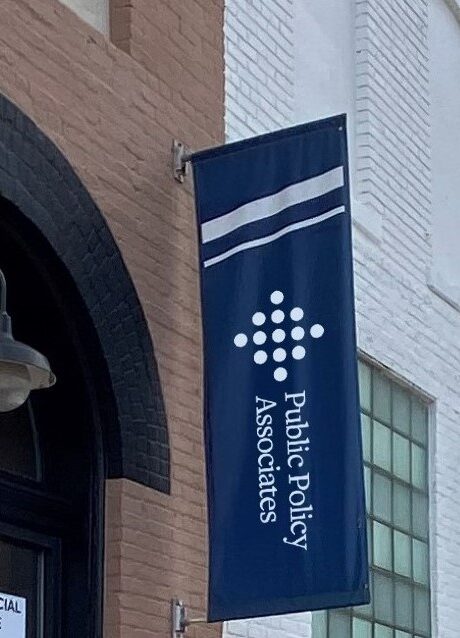
Nathalie Winans brings creativity, critical thinking, and a broad skill set to her work at Public Policy Associates. She embeds a commitment to equity and inclusion in her research, helping clients identify disparities and create more equitable programs. She has a bachelor’s degree from the University of Michigan and a master’s degree in urban and regional planning from Michigan State University.
What makes you interested in public policy?
We’re all affected by public policy, whether we like it or not. Public policy decisions can make the world a better place, or they can make it worse. Good research points policymakers in the right direction. Things like income inequality, or disparities in food, child care, or incarceration rates don’t just happen by themselves. They result from policy decisions. Our work helps our clients make well-informed policy decisions that improve programs and results for those they serve.
What policy areas do you specialize in?
I have a master’s in urban planning, and recently helped assemble a statewide housing plan in Michigan. I worked with the Michigan Sense of Place Council a few years ago to devise strategies to create communities that are fun, pleasant, and desirable. I’ve also done a lot of research on workforce development efforts across the country, as well as in other areas like food security and child care policy.
What types of research do you do?
I mostly focus on qualitative research, although I do quantitative research as well. I write proposals, design research and develop research tools, take the research out in the field, and analyze the data. I enjoy leading focus groups and hearing the stories that sometimes get discounted or de-emphasized in research that centers on quantitative data. When people of a similar background are talking to each other and bouncing ideas off each other, we uncover interesting insights.
Why is it important to take an inclusive approach to public policy research?
Number one, it’s the right thing to do. It’s wrong to sweep into a community, extract data, and just leave. We have to respect people’s viewpoints, and the time and effort they expend to share their insights. You also get better data if you approach research from an equitable and culturally appropriate perspective. For example, I speak Spanish, but maybe I’m not the best person, as a white person from Michigan, to conduct a focus group of native Spanish speakers. Maybe they would feel more comfortable interacting with a native Spanish speaker. When people feel respected and listened to, and they trust you and feel compensated for their contributions, they are more likely to provide really honest and sincere responses to your questions.
How does research support equitable policy?
Part of it is understanding that if someone isn’t well served by a program, it isn’t necessarily just an individual’s problem. We help identify the systemic inequities and the ways that programs put up roadblocks that make it hard to serve people. Taking a systemic lens toward interpreting data is really important. We’re fortunate that just about all the people we are working with have their hearts in the right place and are trying to do the right thing and create programs that address these challenges.

